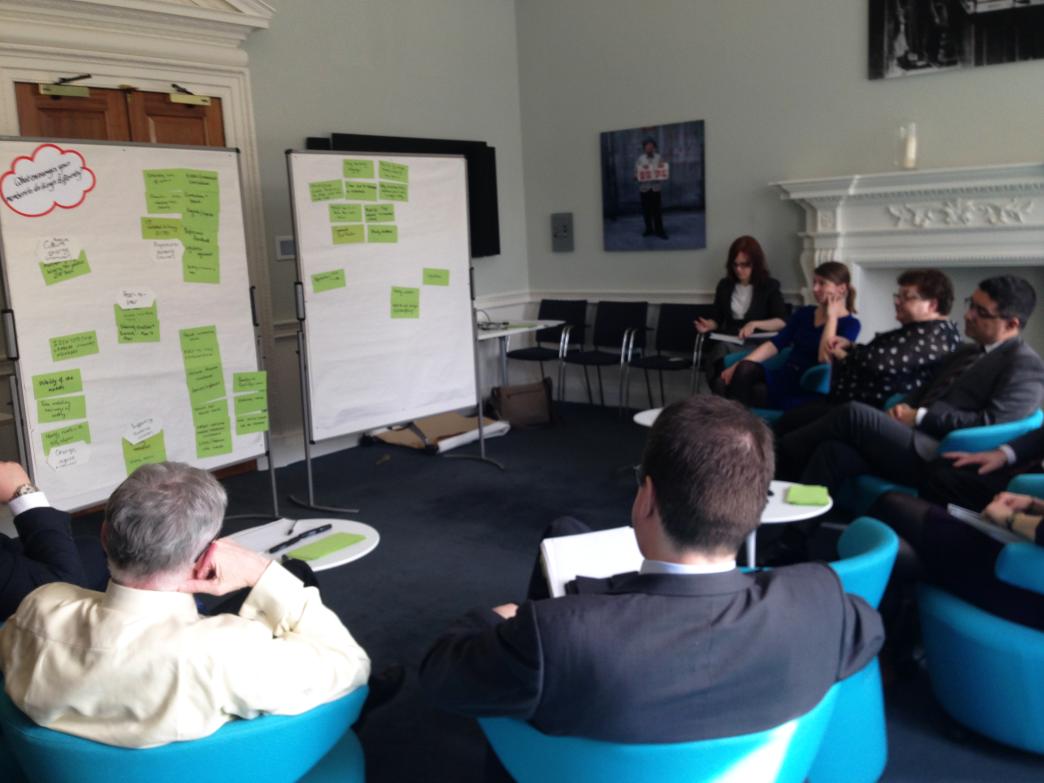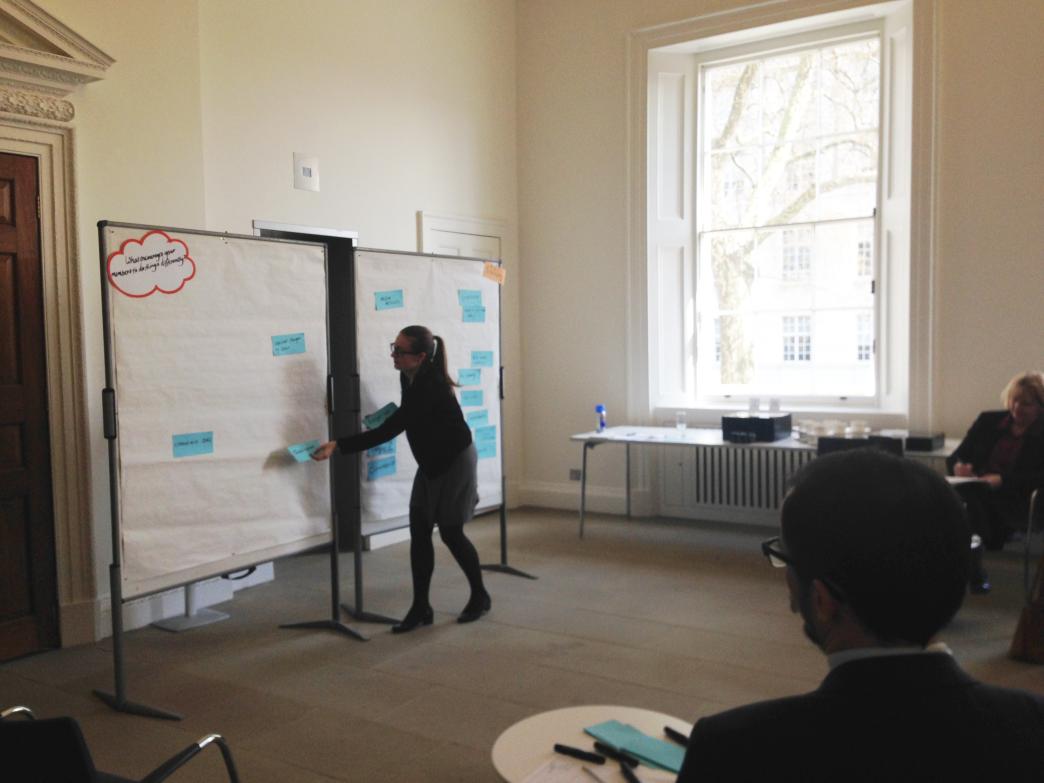Approximately 400 professional bodies in the UK represent 13 million people across private, public and voluntary sectors. In the public sector, professional bodies can play a crucial role in supporting frontline staff, from paramedics to social workers, but often slip under the radar in discussions about public service reform. Sophie Wilson explains.

To find out more, the Institute for Government partnered with Solace’s evidence-based policy network to ask a group of professional bodies, what is their role in supporting change? We drew three main conclusions:
- Although professional bodies support members to perform specific jobs, often in specific sectors, they are well aware of the need for collaboration and their own role in bringing practitioners together. For example, the Royal College of Midwives connects midwives with local leisure centres in Doncaster to improve patient knowledge of exercise during pregnancy. Demonstrating leadership and creating opportunities for frontline practitioners to meet and connect with others in the system is essential in breaking down boundaries and building a common language and culture. Professional bodies are well placed to do this through shared events, as well as training and networking for all levels, from students to senior leaders.
- Of course, capacity is tight in public services and the resource pressures on professionals can make it harder to participate in learning opportunities. Local leaders can be reluctant to allow staff the time to engage in continuing professional development (CPD) or informal learning opportunities such as peer support or networking. Professional bodies can help by encouraging leaders to recognise the value of learning opportunities, sending messages to managers about the importance of sharing insights and lessons on the frontline, to improve services on the ground.
- Recognising the commonalities between professional bodies creates an opportunity for ‘smart advocacy’, such as working together to encourage leaders to invest in staff training, influencing government on issues of shared value, or commissioning joint research. For example, the Royal College of General Practitioners is involved in piloting an IT system that enables GPs to refer patients who may be at risk of fuel poverty to local fire and rescue services and the council. There is a clear demand for more collaborative working between professional bodies; as one participant highlighted: ‘We all work with the same families.’

But to do this, professional bodies need to join up too, learn from one another, and help embed collaborative working across public services.
Figures on the number of professional bodies and people represented are taken from the Professional Associations Research Network (accessed 18 April 2016)
The Institute for Government is currently exploring how local areas can be better supported to share and learn from one another, to improve outcomes for citizens. We will be publishing a short note and set of case studies in Summer 2016.
The roundtable was attended by representatives from: British Association of Social Workers, Chartered Institute of Housing, Royal Town Planning Institute, Royal College of General Practitioners, Chartered Management Institute, Local Area Research and Intelligence Association, Association of Electoral Administrators, Royal College of Midwives, Royal College of Surgeons, Royal College of Anaesthetists, College of Paramedics, Royal College of Paediatrics and Child Health, Royal College of Speech and Language Therapists, Cabinet Office, and Solace.
- Topic
- Public services